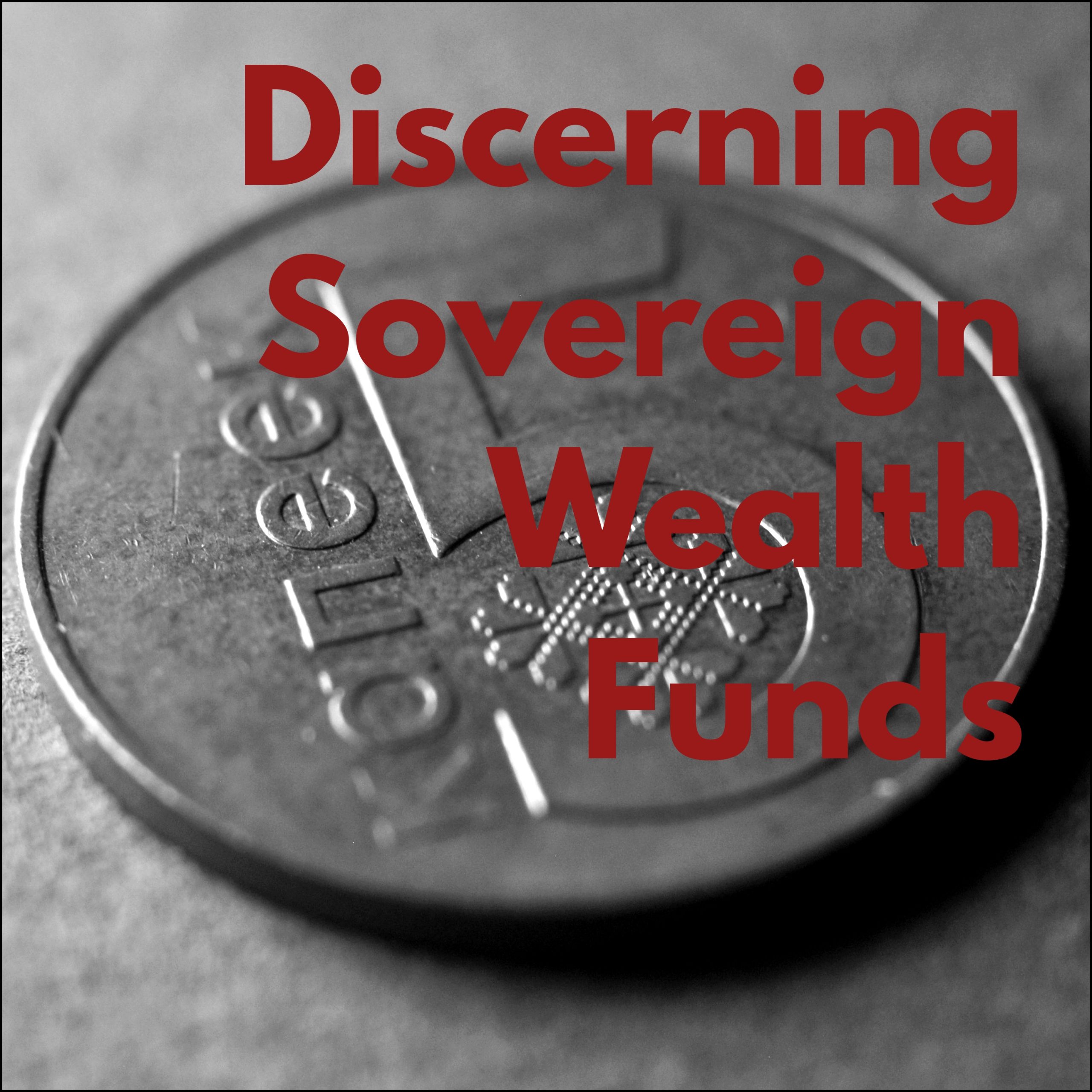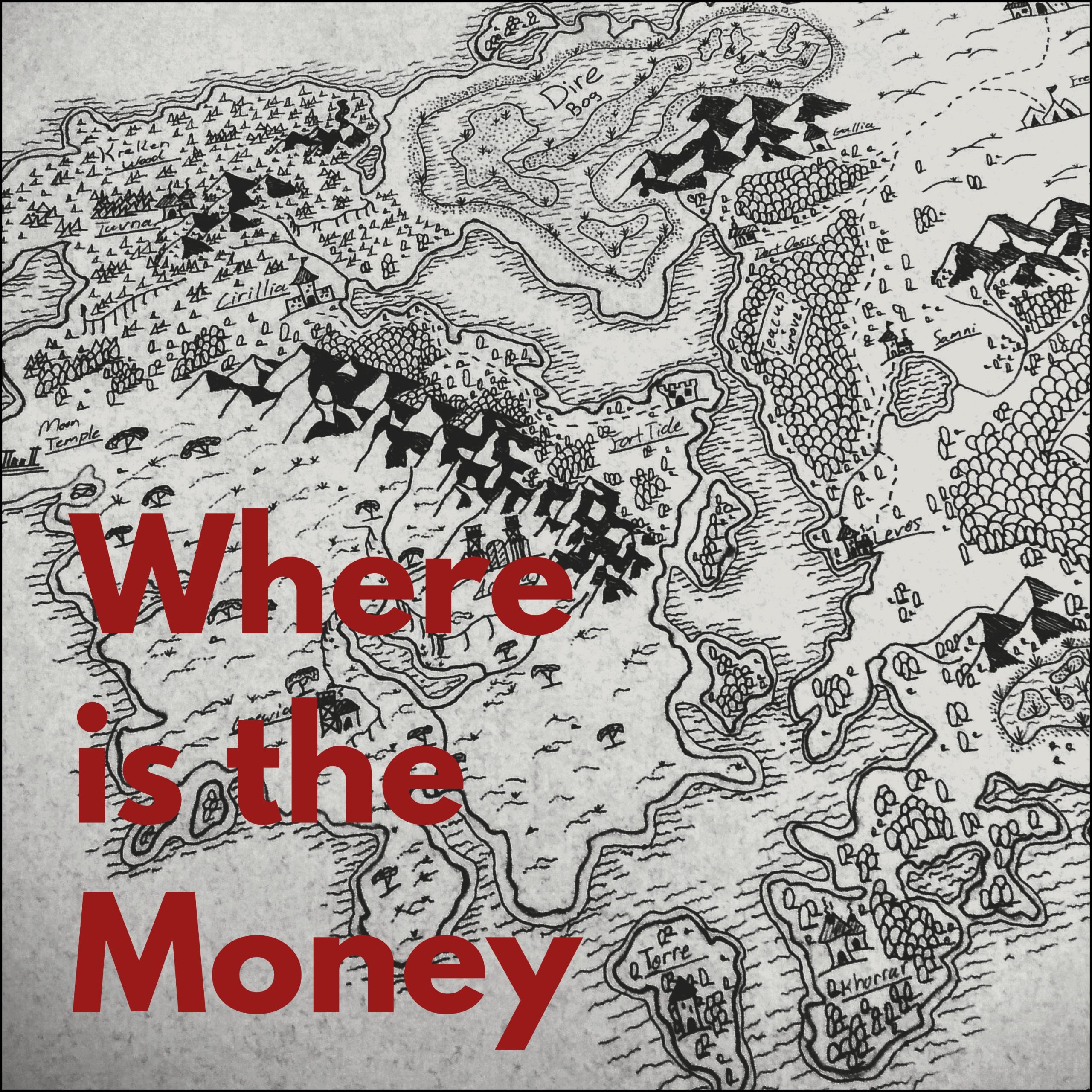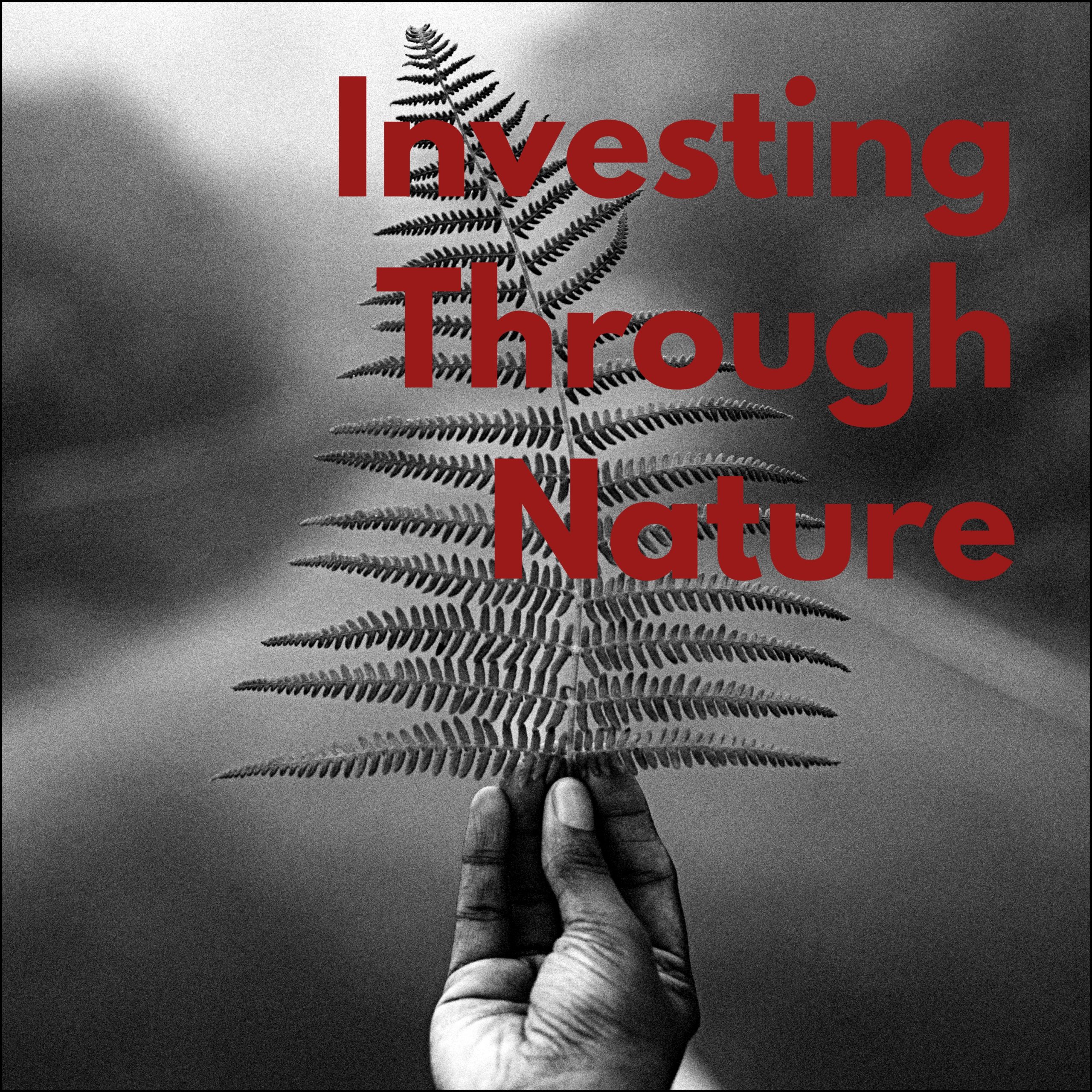Healthy communities rely on thriving ecosystems. Biodiversity loss disrupts the delicate balance of our life support systems, directly impacting our health and well-being. This interconnectedness suggests that any environmental disturbance reverberates through our lives. Ensuring the continued provision of essential ecosystem services that support human health relies on the preservation and conservation of biodiversity.
At Broadpeak, we collaborate with industry experts, impact-driven investors, and academic institutions to address urgent global challanges. Through our articles and trilogies, we aim to share the insights we have gained from these projects with our network. Explore all of our published articles and trilogies in the blog section of our website.
Biodiversity and human health
Biodiversity forms the foundation of nature’s contributions to humanity, providing essential ecosystem goods and services crucial for human health and well-being. The 2016 Global Environment Outlook assessment for the pan-European region recognized biodiversity as a fundamental environmental determinant of human health. As pointed out by Alexander Wiese, Senior Structuring Advisor for Climate and Nature Finance, “There is an interdependence between health, climate, and nature improvement. Our health as humans depends on the health of the planet Earth.”
Furthermore, biodiversity a vital role in ensuring food security, primarily through the indispensable function of pollinators. Approximately 75% of the world’s flowering plants and 35% of food crops rely on animal pollinators for production. These pollinators are essential for the production of nutrient-rich fruits, vegetables, nuts, seeds, and oils that form a vital part of our diet. Additionally, biodiversity is crucial for the development of medicinal resources, with around 70% of all cancer drugs and over 40% of pharmaceutical formulations derived from natural sources, which are integral to various traditional medicinal practices. An estimated 80% of the global population in developing countries relies mainly on traditional plant-based medicines.
Moreover, ecosystems and biodiversity play a crucial role in regulating climate and adapting to environmental changes, particularly climate change and extreme weather events. Biodiversity also helps to regulate diseases by controlling vectors and providing natural defence mechanisms. Anupam Anand, Senior Evaluation Officer at the Global Environment Facility, told us “That’s why biodiversity is so important; It affects and relates to every aspect of human health – may it be our food, fresh air, fresh water, medicines – everything is dependent on biodiversity.”
Threats to our health
The emergence and proliferation of zoonotic and vector-borne diseases are increasingly connected to biodiversity loss and human disruptions in ecosystems. Wendy Elliott, Deputy Leader of Biodiversity Practice at WWF International, specified “Essentially when we’re dealing with our environment in a way that is causing more interface between wildlife and people – deforestation, fragmentation of habitats, etc. – you’re really creating these systems in which these diseases spill overs flourish.” Other drivers such as agricultural expansion, deforestation, urbanization, or wildlife trade also contribute to the rise of infectious diseases. Globally, zoonotic and vector-borne diseases claim over 700’000 lives annually, including those from Malaria, Lyme disease, and dengue fever.
Climate change exacerbates existing threats and poses multifaceted risks to human health, jeopardizing essential elements of well-being such as clean air, safe drinking water, nutritious food, and secure shelter. It has the potential to unravel decades of progress in global health, with projections indicating approximately 250’000 additional deaths annually between 2030 and 2050 due to malnutrition, malaria, diarrheal diseases, and heat-related illnesses. Regions with limited healthcare infrastructure, predominantly in developing nations, face heightened vulnerability without adequate support for preparedness and response efforts. Dr. Frauke Fisher, Founder and Owner of Agentur Auf!, stated “If we destroy biodiversity, there’s a high risk that we will harm ourselves, that we pave the way for more pandemics, and that we destroy our natural pharmacy. Indirect effects such as food security or water purity are all related to intact ecosystems, and if we destroy ecosystems, that in turn affects people negatively.”
Ensuring a healthy future
Addressing these complex interlinkages necessitates cross-disciplinary approaches and collaborative initiatives. The One Health approach, at the European and global levels, is notable. This approach integrates efforts to address health challenges at the intersection of animal, human, and environmental health. By treating the planetary ecosystem as a unified entity, the One Health approach fosters communication and cooperation across multiple sectors to achieve better health outcomes through coordinated programs, policies, legislation, and research. The UN Quadripartite has played a crucial role in promoting and supporting the implementation of the One Health approach, through their Joint Plan of Action and the Guide to Implementing the One Health Joint Plan of Action at the National Level. Moreover, there is now a pandemic agreement that is being negotiated between the world’s governments which so far includes a One Health approach. This will create the foundation for the collaborative cross-sectorial response that we need to prevent the next pandemic.
Target 11 – restore, maintain, and enhance nature’s contribution to people – and 12 – enhance green spaces and urban planning for human well-being and biodiversity – of the Kunming-Montréal Global Biodiversity Framework align with this vision, emphasizing the restoration, maintenance, and enhancement of nature’s contributions to human well-being. Lorena Jaramillo, Economist at UN Trade and Development (UNCTAD), said “This Framework mobilizes all actors to halt and reverse biodiversity loss, aiming for harmony with nature by 2050. It acknowledges the interconnectedness of human and planetary health. Our BioTrade work supports the Framework as well as the Sustainable Development Goals (SDGs), especially SDG 15, by promoting the sustainable production, trade, and consumption of biodiversity-based products, like healthy food and medicinal items, benefiting both biodiversity and people – especially by boosting the immune system.”
Moreover, bridging knowledge gaps regarding the intricate connections between health and biodiversity requires enhanced research efforts and close collaboration at local and national levels across various domains, including public health, urban development, spatial planning, and nature conservation. Generally, the poorest and most vulnerable communities rely the most on biodiversity for their livelihoods, health, and overall welfare. They are also frequently the least accountable for biodiversity depletion and have the least access to social safety nets, such as healthcare, when diseases surface. This raises the imperative to prioritize the involvement of indigenous and local communities, integrating their knowledge and needs into decision-making processes. According to Guido Beauchez, Chairman of the True Nature Foundation, “It’s essential to collaborate with local communities from the grassroots level, ensuring their active involvement in project development. Additionally, introducing innovative business models can empower these communities by providing the right incentives and opportunities.”
By fostering partnerships and leveraging expertise alongside appropriate incentives, we can promote the sustainable use of biodiversity, which is indispensable for human health. The Covid-19 pandemic serves as a stark reminder of the catastrophic consequences of neglecting biodiversity conservation, underscoring the urgent need and opportunity to preserve and restore ecosystems to prevent future pandemics.





